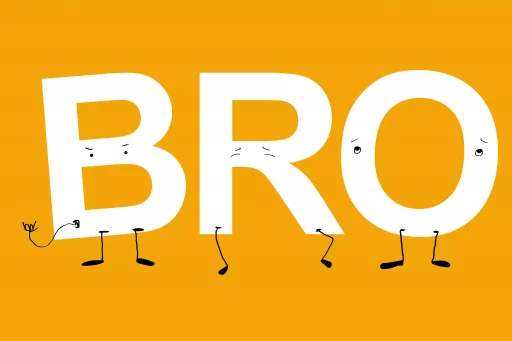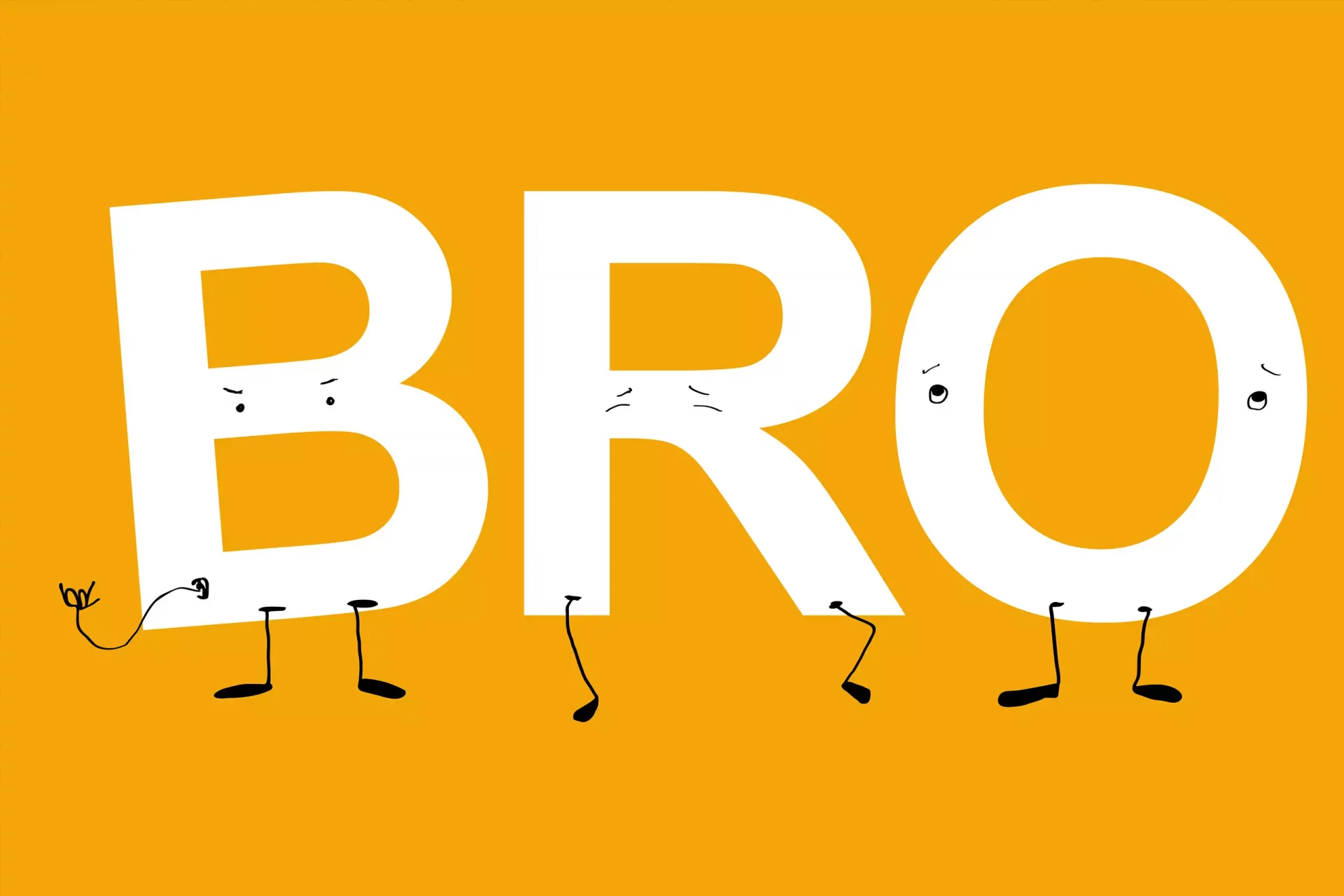Introduction to Slang Use of ‘Whale’
The term ‘whale’ has evolved beyond its traditional meaning as a marine mammal, gaining traction in various slang contexts. Today, it is primarily associated with significant financial stakes and gaming cultures. This article will explore the multifaceted meanings of ‘whale,’ its implications, and its applications in different sectors.
The Evolution of the Term ‘Whale’
Originally, the word ‘whale’ referred to the large aquatic mammals known for their massive size. However, in the digital age, ‘whale’ has taken on new meanings:
- Gaming: Players who spend a lot of money on in-game purchases are often referred to as ‘whales.’
- Cryptocurrency: Individuals or entities that hold significant amounts of cryptocurrency assets.
- Gambling: High rollers in casinos or betting environments.
Whales in the Gaming Community
In the realm of video games, especially free-to-play models, ‘whales’ are crucial to financial success. These players invest substantial amounts of money, allowing game developers to monetize their products effectively. A case study illustrates this point:
– According to a report from Newzoo, just 2% of gamers are considered whales yet account for approximately 50% of overall in-game spending.
This statistic highlights the significance of attracting and retaining whale players for revenue generation.
Whales in Cryptocurrency Markets
In the world of crypto, whales refer to those who possess large amounts of currency, such as Bitcoin or Ethereum. The behavior of these whales can drastically influence market trends. For instance:
- In 2020, a single Bitcoin whale purchased $1.3 billion worth of Bitcoin, leading to a 15% price increase.
- Whale monitoring tools, such as Whale Alert, track large transactions that can signal market shifts.
This phenomenon illustrates the power dynamic within crypto markets, where a handful of investors can sway prices significantly.
Whales in Gambling
In gambling contexts, whales refer to high-stakes gamblers who wager large sums of money. Casinos often cater to these individuals with personalized VIP services, as their losses can be substantial. A 2019 report indicated that:
- Whales constitute less than 1% of casino patrons but account for up to 80% of revenue.
- Casinos often provide complimentary services, including luxury accommodations and exclusive events, to attract these high rollers.
Understanding the impact of whale gamblers can help casinos strategize their marketing and operational efforts.
Positive and Negative Implications of Whales
The presence of whales in various industries can have both beneficial and detrimental effects:
- Positive: Significant revenue generation for companies, creating jobs and driving innovation.
- Negative: Market manipulation, where a single whale’s actions can create volatility or skew perceptions of asset value.
Recognizing these implications is essential for stakeholders in gaming, cryptocurrency, and gambling sectors to navigate the challenges and opportunities that whales present.
Conclusion
The slang term ‘whale’ exemplifies the evolving nature of language within cultural and economic contexts. Whether in gaming, cryptocurrency, or gambling, whales play a critical role in shaping market dynamics and revenue outcomes. As industries continue to grow and change, the meanings of terms like ‘whale’ will likely adapt as well, reflecting the society and technologies of the time.






